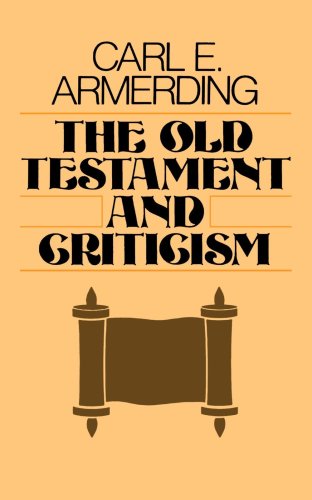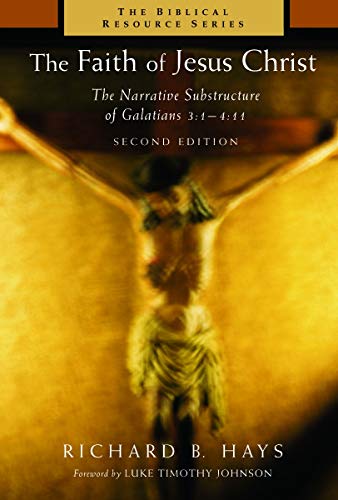Brave New People: Ethical Issues at the Commencement of Life
Written by D. Gareth Jones Reviewed By Colin FletcherIn Brave New People Gareth Jones has produced an important contribution to the current debates surrounding such medical practices as in vitro fertilisation (IVF), cloning, therapeutic abortion, genetic engineering, the use of embryos in research, artificial insemination by either Husband or donor, and the like. With the publication of the Warnock Report in 1984 it is of particular relevance to Christians living in Britain, though the debate is very much an international one; the author himself lives in New Zealand, and many of his examples are taken from Australia and the USA.
In the first two chapters he opens up some of the tensions surrounding the current debates. He begins by examining what it is to be human and then deals generally with the advances in biomedical technology and how they affect, and at times, threaten, our humanity. In the following chapters he takes a number of specific examples, establishing at each point what is happening at the moment and what will happen in the near future, and then seeking to evaluate them from a Christian perspective. This debate is always interesting whether one is assessing his very measured limited acceptance of IVF or reeling from his impassioned diatribe against cloning. The book concludes with a chapter on therapeutic abortion, in which his understanding of what a person is is spelt out most clearly, and a summary in which he reflects once more on the dialogue between what is technologically possible and the values that belong to man as man.
For the theological student the greatest value of the book will probably lie in its up to date analysis of what is happening in the medical world. More could have been made of the ethical input, though there is much of value here too. For instance he defends a gradualist understanding of how a fertilised egg becomes a person—it is never a non-person but only becomes a full one at or after birth—disagreeing with those who maintain there is a fixed point at which the foetus becomes a person. His reasons for this approach are varied. On the one hand he argues for it on the grounds that this is how others see the embryo—a far cry from his pleas that it is God alone who gives this status—while on the other hand he is worried that if we say that the fertilised egg is a person, then that gives the egg an absolute value of the same order as that of an adult human. The result, he argues, aware of the Catholic dilemma, is that one cannot choose between the one and the other when the embryo threatens the life of the mother. At that point he would have done well to look more broadly at what the Old Testament has to say about the taking of human life and the justification of ordering ethical priorities in this area.
It is in this area of the debate that one would want to ask most questions of the book. At other times too one feels that he is over-influenced by what is actually happening in the medical world. For instance one wonders if his partial acceptance of IVF and its ethical justification would have been made ten years ago before these techniques became readily available. The contrast with his assessment of cloning, which is still very much at a theoretical stage, is quite marked at this point. But, as he says early on in the book, he expects disagreement from his readers and the fact that one may want to take issue at times, should not prevent anyone from absorbing a great deal of real value from the work.
Colin Fletcher
Margate, Kent







